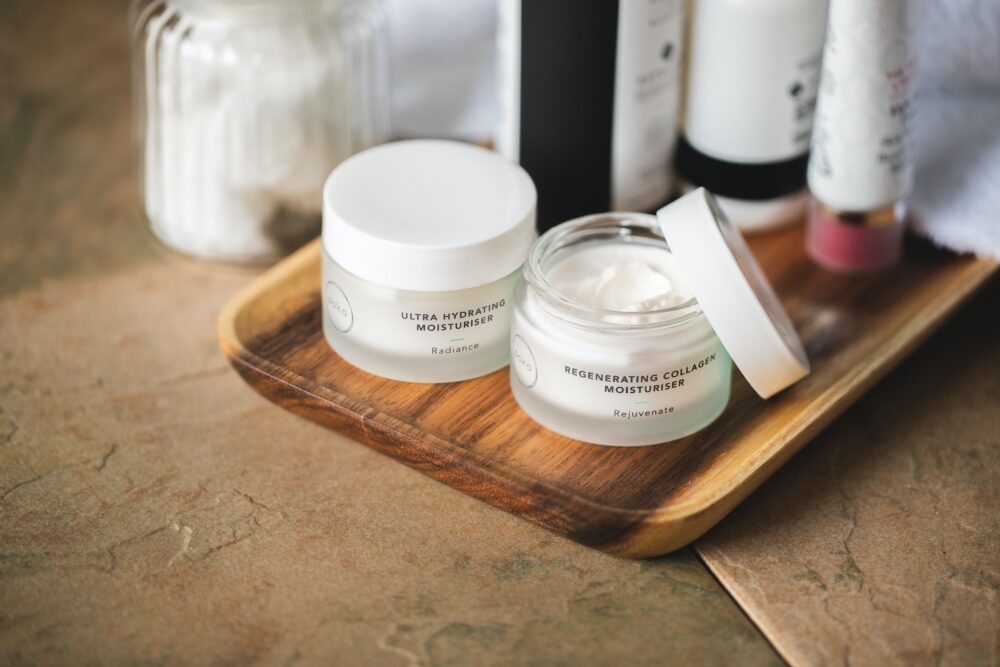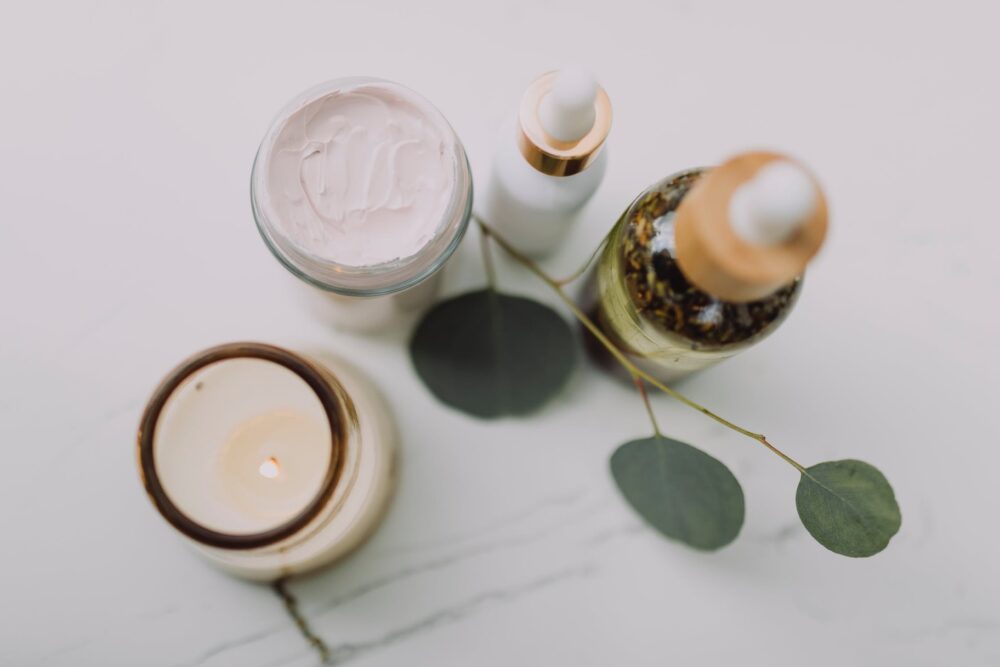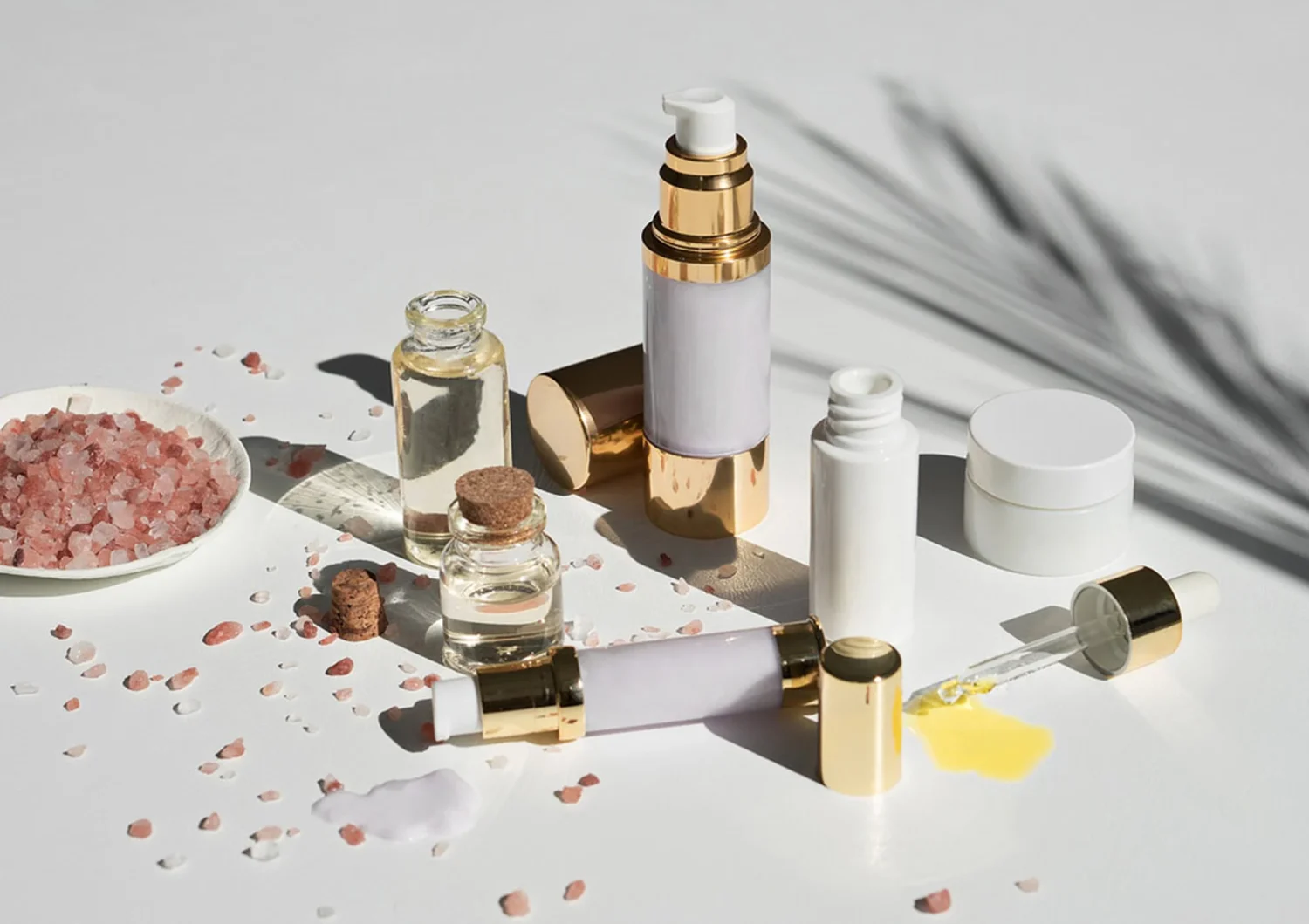Creating a brand for a skincare business necessitates researching topics such as introductory chemistry, manufacturing standards, and chemical sourcing. You might also have to make a hefty initial expenditure. With people looking to rebuild their confidence and self-esteem after the lockdown, it is an excellent opportunity to start a skincare business. Starting up on a small budget is also feasible.
Need For A Business Plan
A business plan is required if you want to launch a skincare enterprise or expand your business. It will assist you in raising funds and planning the expansion of the skincare company to improve your odds of success. You should update your skincare business plan yearly as your firm develops and evolves.
Don’t Keep Waiting For The Right Time

Source: startupdonut.co.uk
By 2025, the worldwide skincare market will be worth 183 billion dollars. Independent brands have contributed significantly to recent growth. While considering how to launch a skincare brand, keep lead time in mind.
A skincare item takes at least 12 weeks to be produced. On the other hand, several skin care lines require significantly more time for development, research, certification, and then go.
Products for the skin must also undergo thorough testing, which usually takes time.
Considering skincare trends change so quickly, it’s best to seize a good concept sooner rather than waiting until everything is perfect.
Market And Competition Analysis
The initial step is to conduct research to determine where you can purchase the items at a wholesale price. The things should be of excellent quality such that your store becomes well-known. Developing partnerships with a wide range of distributors will allow you to get them at a low cost and in volume.
Market research is crucial in the skincare sector because the market is concentrated, and trends fluctuate quickly. However, because the market is constantly changing, entrepreneurs have opportunities to launch custom private label skin care businesses.
Pay attention to emerging trends by observing beauty journals and influencers and validating those ideas with technology like Google Trends. Conduct competition analysis, market analysis, and search engine marketing. It’s also the point at which you should start crunching numbers.
Customer Analysis

Source: unsplash.com
Where inexperienced skincare entrepreneurs can succeed is in targeting customers underserved by existing brands in the marketplace. Identifying trends as they appear is critical, but beware of transitory trends and ensure you have a long-term strategy.
Whereas the product development period has accelerated recently, it cannot always keep up with passing trends. The effects of traditional cast a broad net, independent brands can target a specific demographic or address a pain point concern, but they shift rarely compared to trends.
Psychographic profiles describe your target clients’ wants and demands. The more effectively you identify and articulate such needs, the higher your chances of attracting and retaining clients.
Invest In The Skincare Business
Determine what your company stands for before even considering product creation. Before manufacturing items or opening an e-commerce website, you can build a skincare brand and attract an audience.
The time will allow you to understand your target audience better, collect feedback, and establish trust. Use this opportunity to fine-tune the brand’s story and develop buzz for your upcoming launch. In the personal care industry, visual brand image is equally crucial.
Packaging that appeals to your primary audience’s aesthetics provides your business with a professional edge. Develop a concise portrayal of the brand and guidelines to guarantee that your brand follows a set of principles everywhere it appears.
Invest In Marketing Your Skincare Line

Source: unsplash.com
As the skincare market expands, there will be more rivalry for emerging brands. With the right marketing plan, one should outperform competitors and capture customers’ interest who are most likely to profit from their product.
Think about what kinds of advertising material would attract the target demographic and where they’re most prone to see your promotions using your user personas. Once you’ve determined when individuals are most inclined to view your ads, try out methods that have been shown to work inside the beauty and skincare industries, such as:
It’s no surprise that individuals read product reviews before purchasing something. Encourage current customers to post product feedback and reviews to help persuade potential customers that brand skincare products are well worth their time.
Engaging well with a proper influencer will quickly increase the credibility of your business. Consider who your clients currently trust on the internet and invest in collaboration chances with them. Reposting photographs of certain other users utilizing your facemasks or recordings of clients applying your moisturizer will provide valuable social proof.
Build Your Skincare Brand
Customers form a connection to the brand and, thus, the personality you create for your business rather than just the product you offer. Your brand will represent a synthesis of everything you do to differentiate yourself from the competitors. This encompasses the product line, your packaging, your company logo, your image, and even your company name.
Select A Name For your Brand
Perhaps the most striking feature of your brand is its name. Ideally, you should select something related to your company values.
Design A Relative Logo
The logo and name will probably be the primary brand asset that your customers recognize. A good logo design will consolidate your company’s core principles into a single picture.
Develop Good Packaging
The packaging must both promote your brand and safeguard your items. Get something you can personalize with your company’s hues and logo, and ensure the packaging is functional. Excellent product packaging is unique, lightweight, and environmentally friendly.
Understand And Abide By The Legal Requirements

Source: oberlo.com
Starting a business in the skincare sector is risky because you are creating items that could potentially damage people. Educating oneself on chemicals, shelf life, allergies, preservatives, and proper skin care product preservation and usage is critical. It is also essential to thoroughly study laboratories to ensure you collaborate with a partner who is educated in these areas. Consider any licenses and papers you may require to safeguard your brand. Consult a lawyer if you’re unsure what’s best for your company.
Conclusion
Following a business plan before starting your skincare company is an important step. You will be familiar with the skincare sector, your competitors, and your clients. You’ll create a marketing structure and learn what is required to start and run a successful line of skin care business.
















